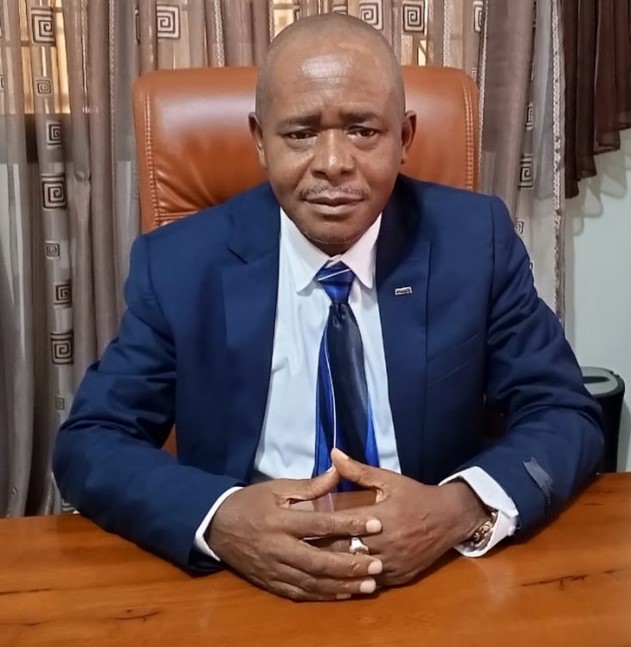In recent developments in Liberia, Mr. Andrew Peters has resigned from his role as Secretary General of the opposition National Patriotic Party (NPP) following his appointment as Executive Director of the National Identification Registry (NIR). This change highlights an important adherence to the country’s Code of Conduct (CoC) for public officials, which stipulates that government officials should refrain from engaging in political activities while serving in their official capacity. In his resignation letter addressed to NPP Chairman George Sylvester Mulbah, Peters acknowledges the ethical obligations outlined in Part V, Section 5.2 of the CoC, which restricts the use of government resources for partisan purposes. Peters expresses gratitude for the opportunity to serve in the party and formally announces his departure to focus on his responsibilities within the government.
The resignation of Peters, along with that of fellow party member Stanley Kparkillen, marks a significant moment in the political landscape of Liberia. Chairman Mulbah’s notification to the Office of the Ombudsman emphasizes the party’s commitment to comply with ethical standards and promotes a culture of accountability among its members. The acknowledgment from the Ombudsman, led by Cllr. Finley Y. Karngar, expressed appreciation for Peters’ transparency in resigning from his political role as he embraces his governmental duties. The Ombudsman also called upon other NPP members in government positions to make similar decisions, further emphasizing the importance of prioritizing public service over partisan interests.
Amidst this political backdrop, there is a growing public discourse surrounding the behavior of members of the ruling party, particularly how they embrace ethical standards that are expected from public officials. The contrast between Peters’ decisive action and the perceived inaction from members of the ruling bloc has intensified calls for accountability from President Joseph Boakai’s administration. Citizens express concern that leaders, particularly those in prominent presidential roles, ought to exemplify the principles enshrined in the Code of Conduct and that compliance should be a shared responsibility across the political spectrum.
The situation underscores a broader demand for transparency and accountability in the governance of Liberia, especially in the wake of promises made during the 2023 presidential campaign. Citizens are increasingly vocal about their expectations for ethical conduct from their leadership. The resignation of Andrew Peters serves as a poignant reminder of the need for consistency in adhering to the rules governing public service. Many people argue that for democracy to thrive, politicians must uphold these principles, ensuring the trust and support of the populace.
Moreover, the implications of Peters’ resignation extend beyond his individual actions; they highlight an ongoing dialogue about the integrity of public officials in Liberia. As the country navigates its political landscape, the expectations placed on its leaders to uphold ethical standards are ever-growing. Peters’ adherence to the CoC could set a precedent for future conduct among politicians in Liberia, reinforcing the notion that public service should prioritize the welfare of citizens above personal or political gain.
In conclusion, the resignation of Andrew Peters from the NPP shines a light on the critical issues of accountability, transparency, and ethical governance in Liberia. His decision reflects a broader societal expectation for public officials to comply with established standards of conduct. The subsequent reactions from the Ombudsman and the public reveal a pressing demand for change within the political elite, who are seen as vital agents in addressing past grievances and moving Liberia towards a more principled future. As citizens call for greater accountability from their leaders, it is clear that ethical conduct will remain a cornerstone of public trust and effective governance.


